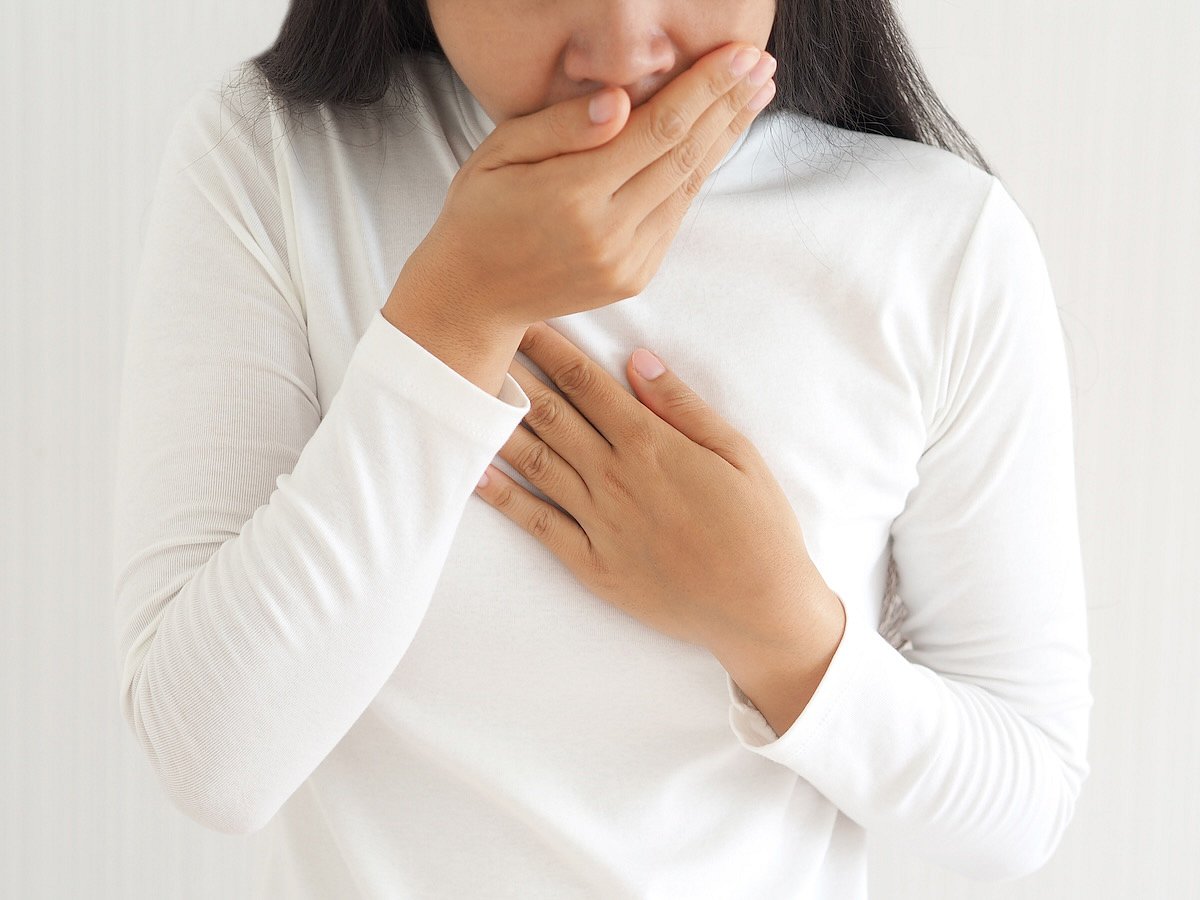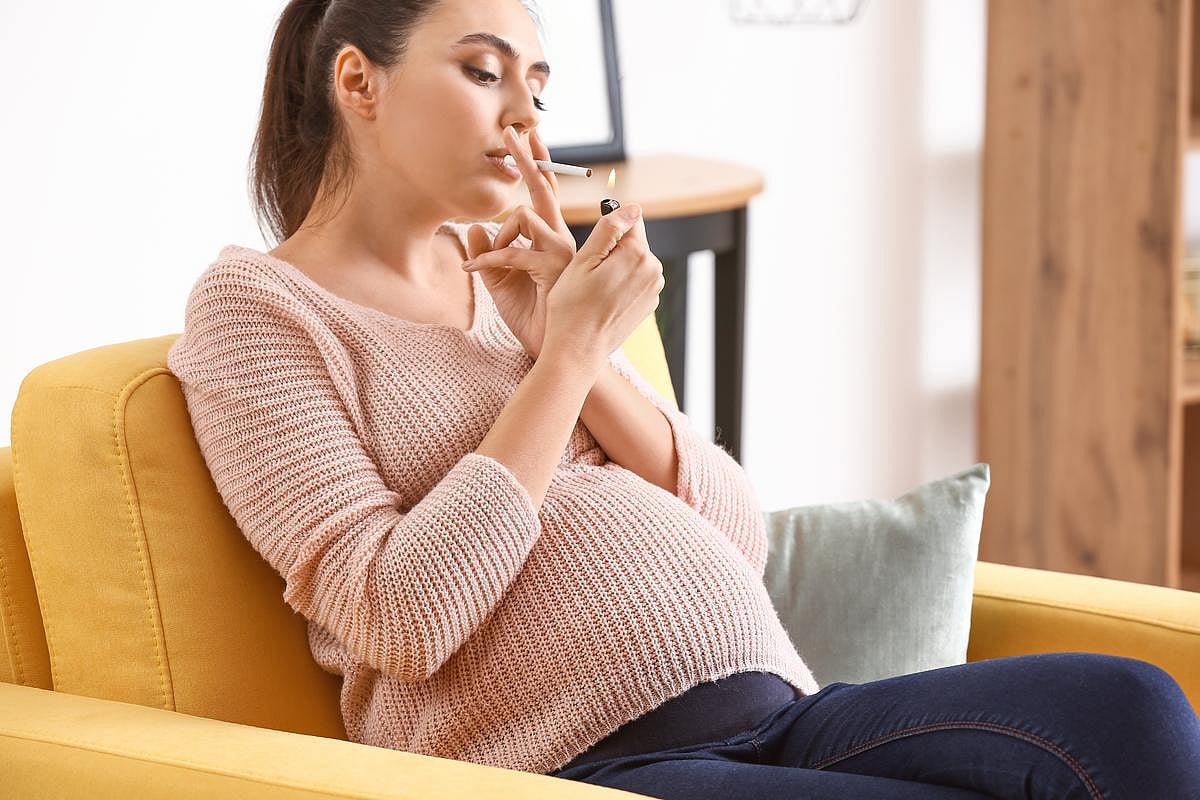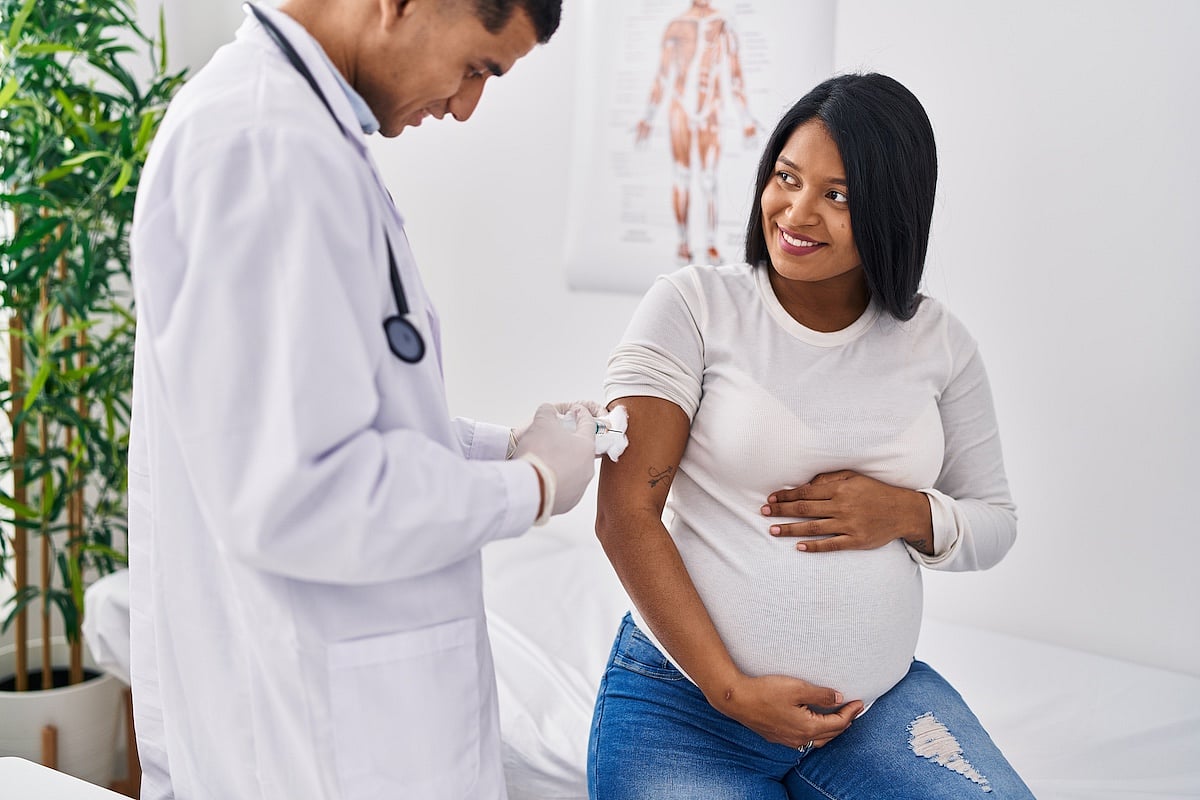
TUESDAY, Sept. 23 2025Extreme pregnancy symptoms like excessive nausea and vomiting can dramatically increase a woman’s risk for mental health and neurological problems, a new study says. Women diagnosed with hyperemesis gravidarum (HG) were more than 50% as likely to develop a range of 13 conditions that included postpartum psychosis and post-traumatic stress disorder, researchers… read on > read on >






























